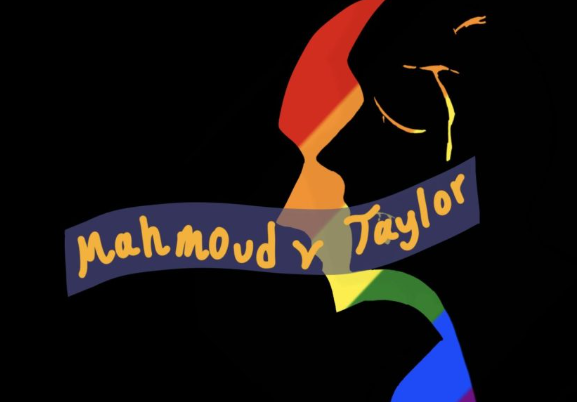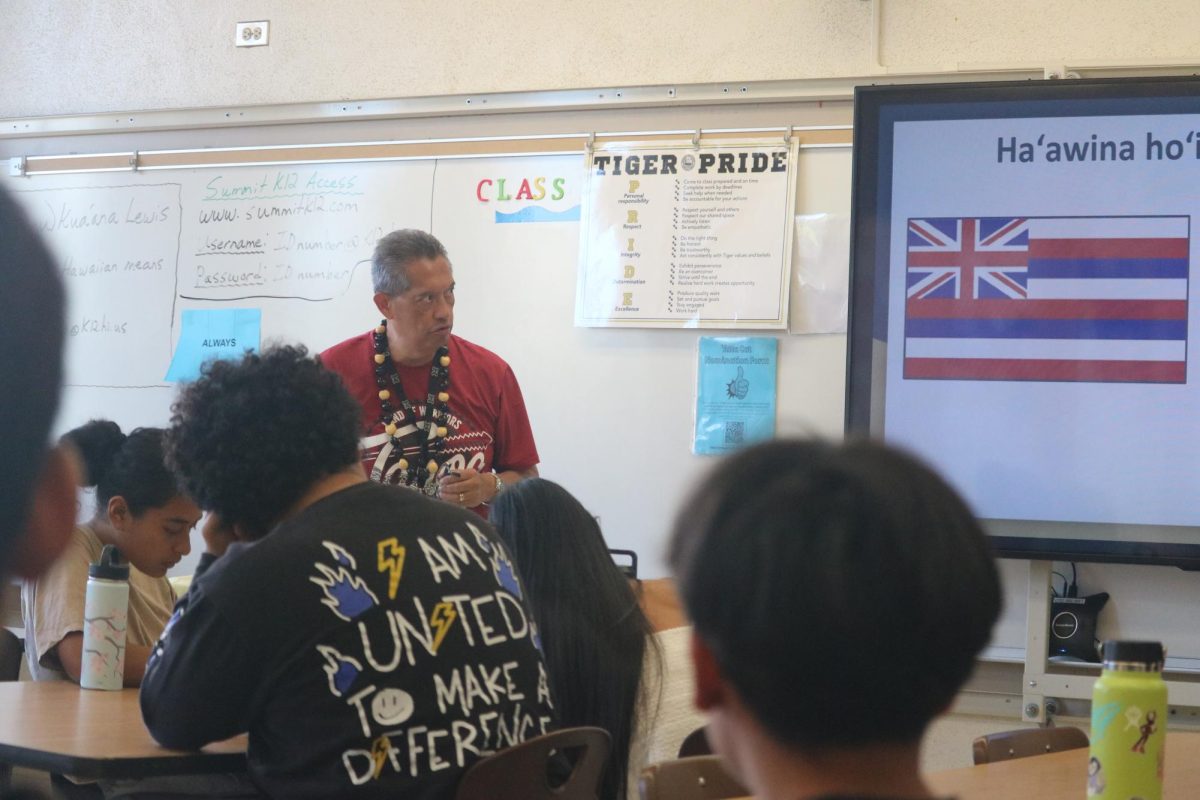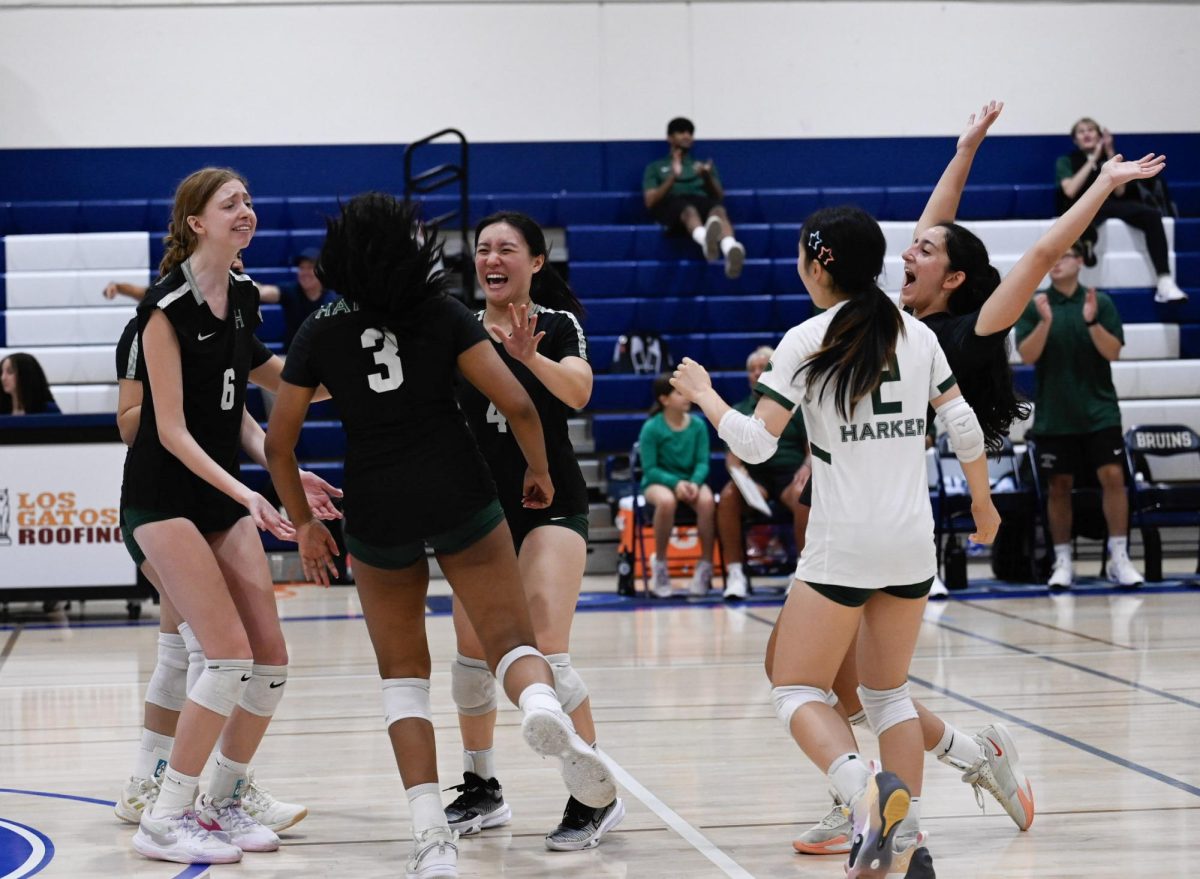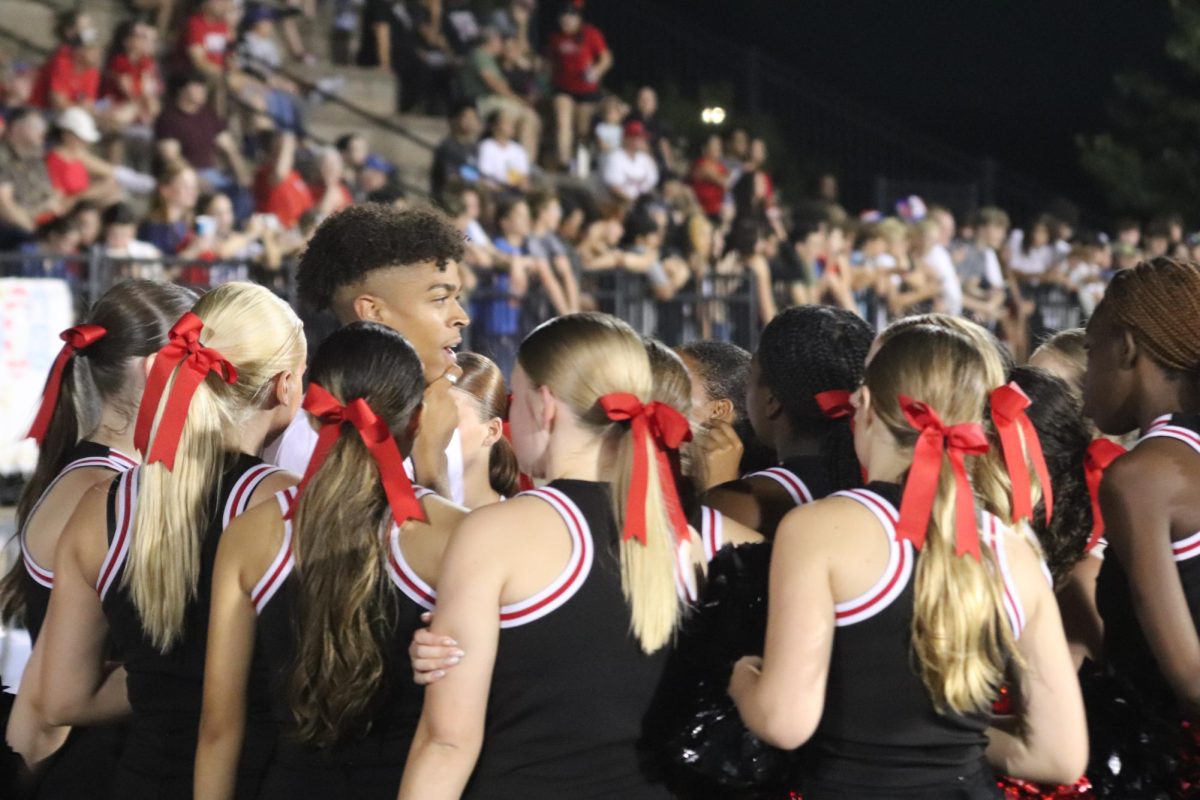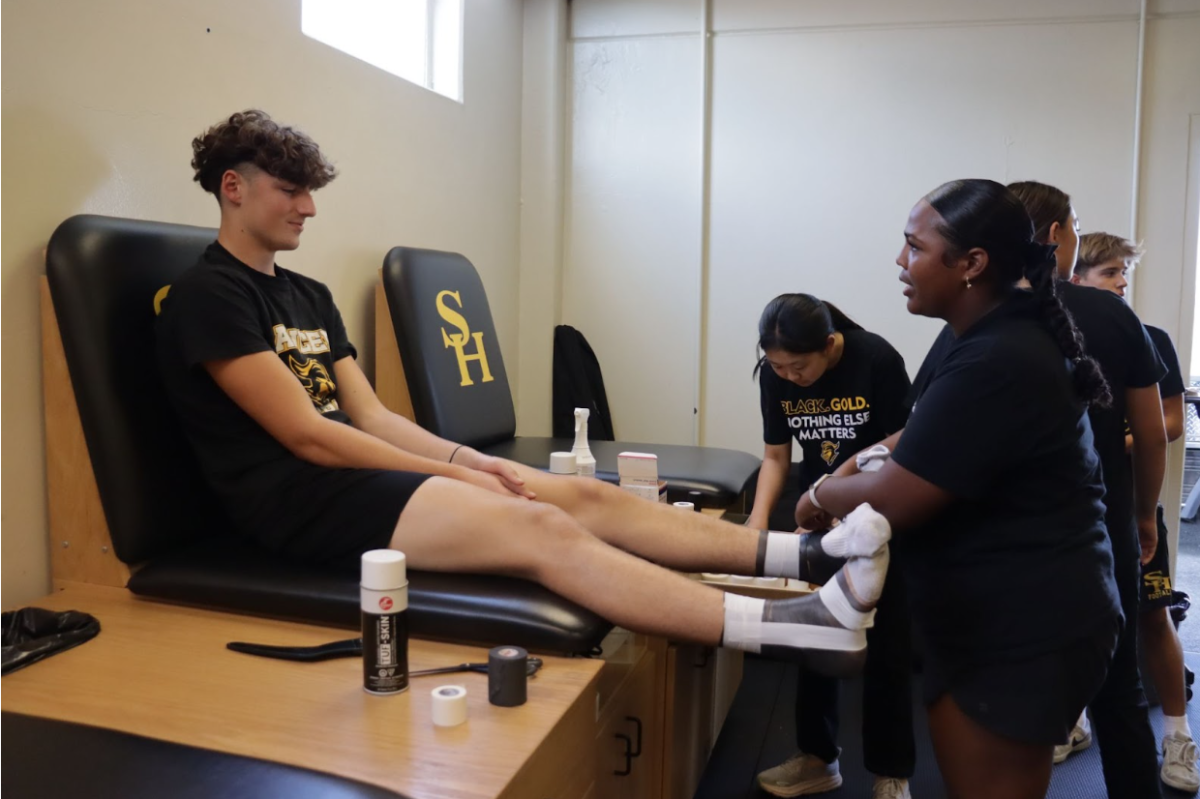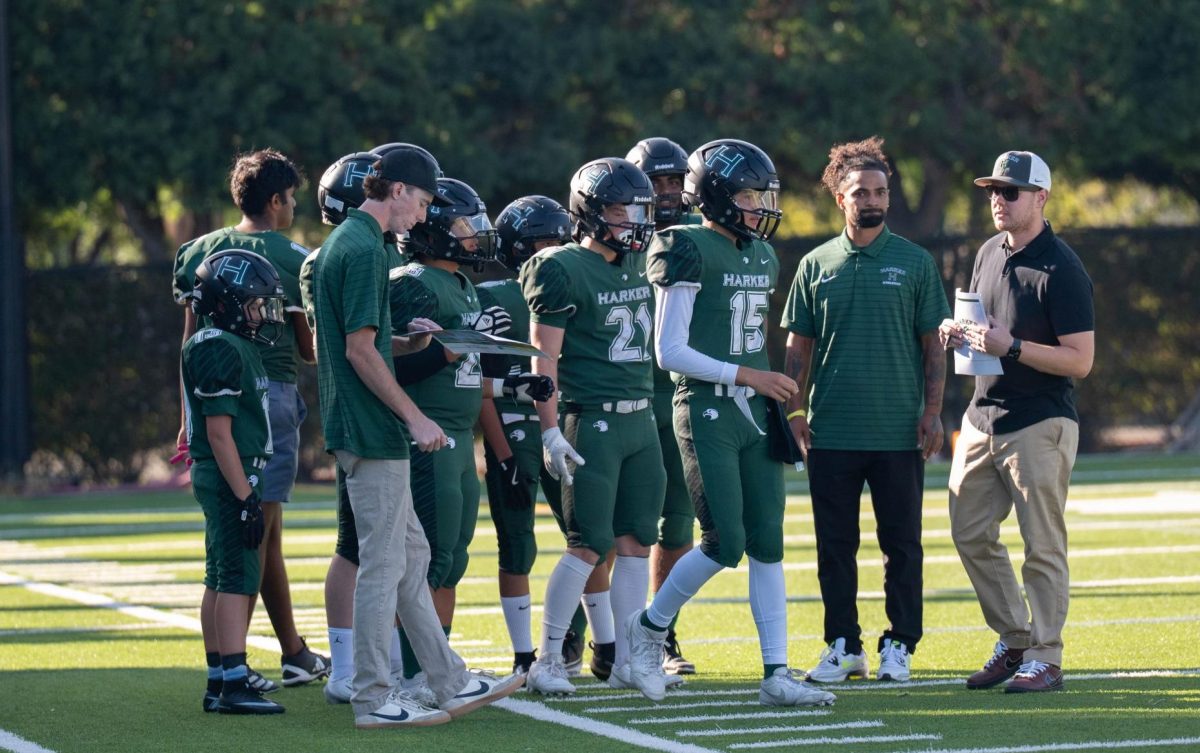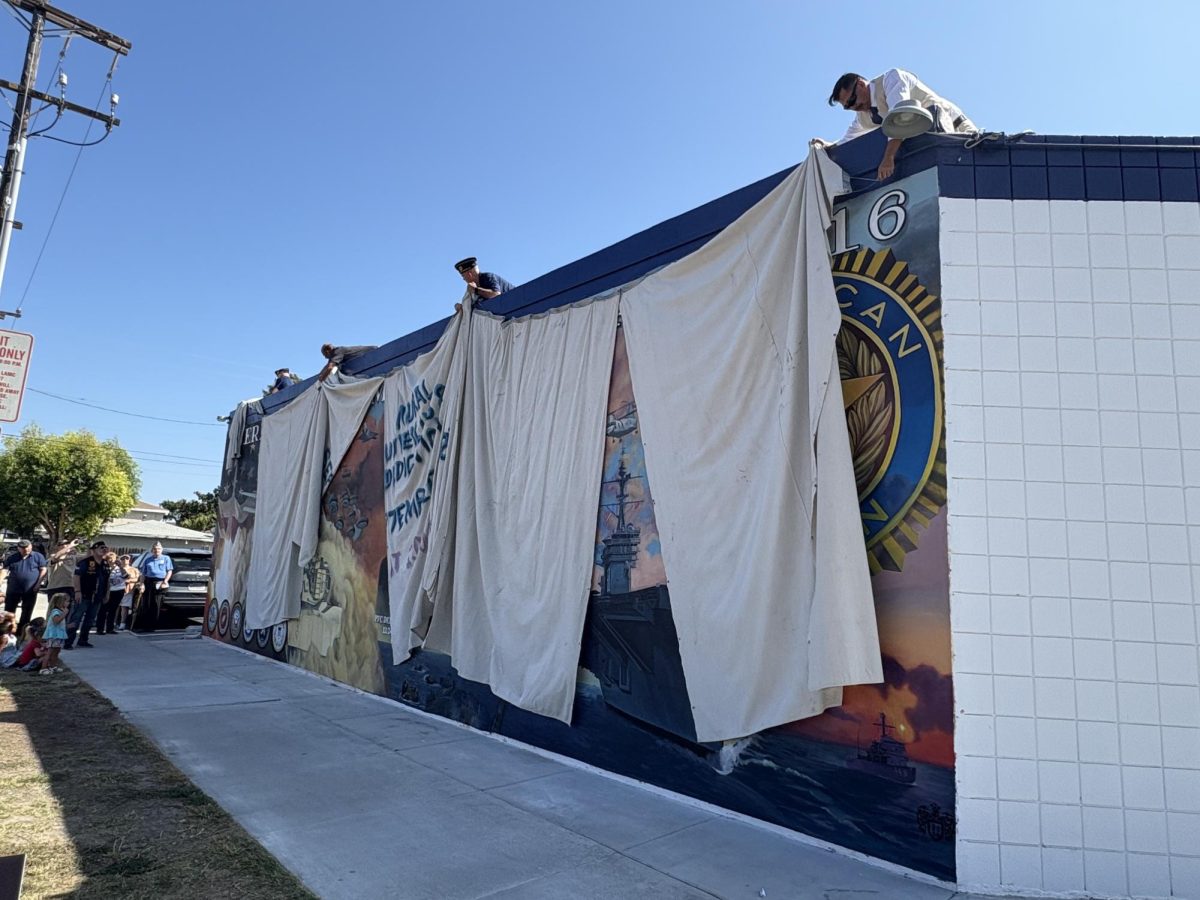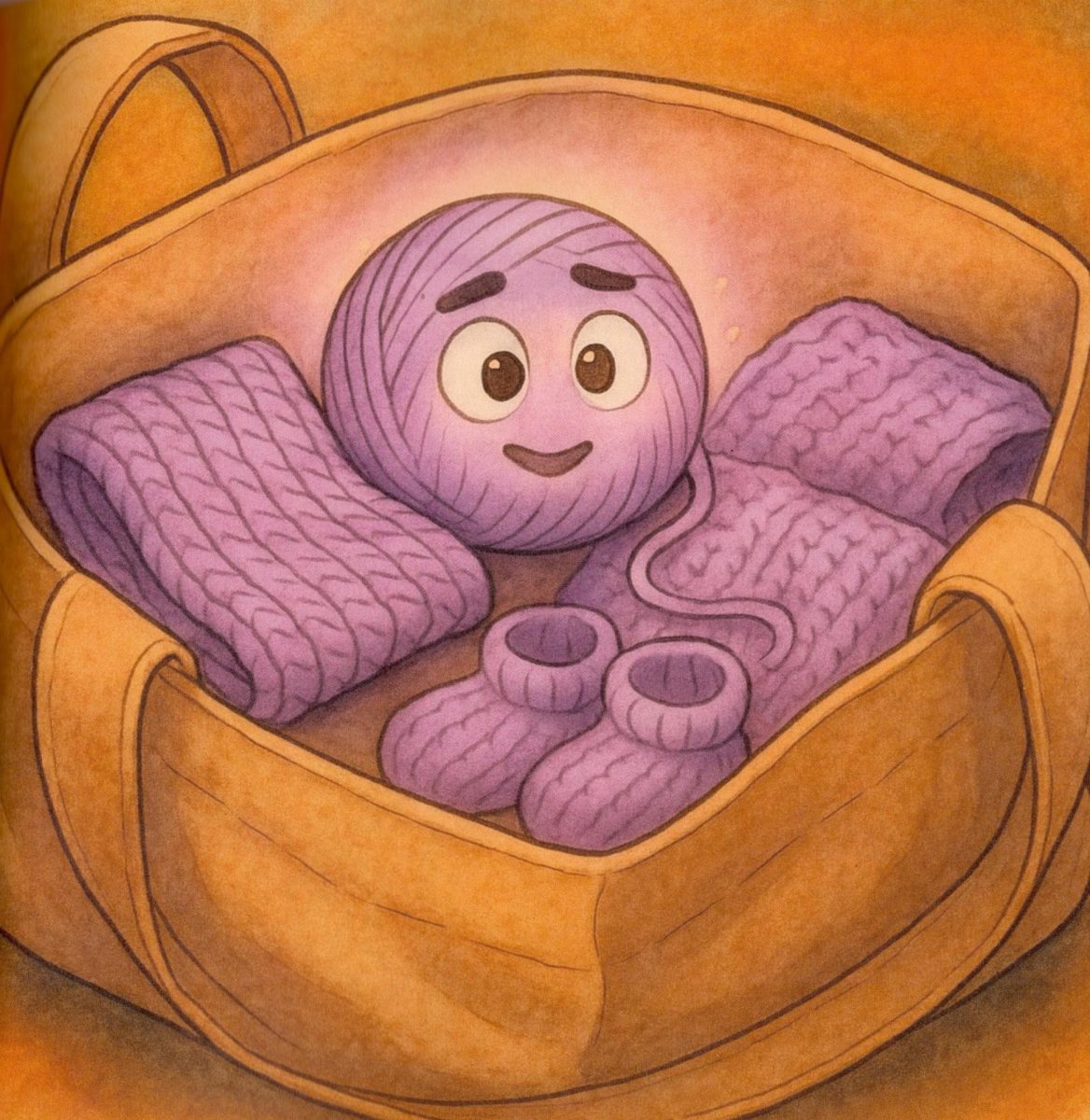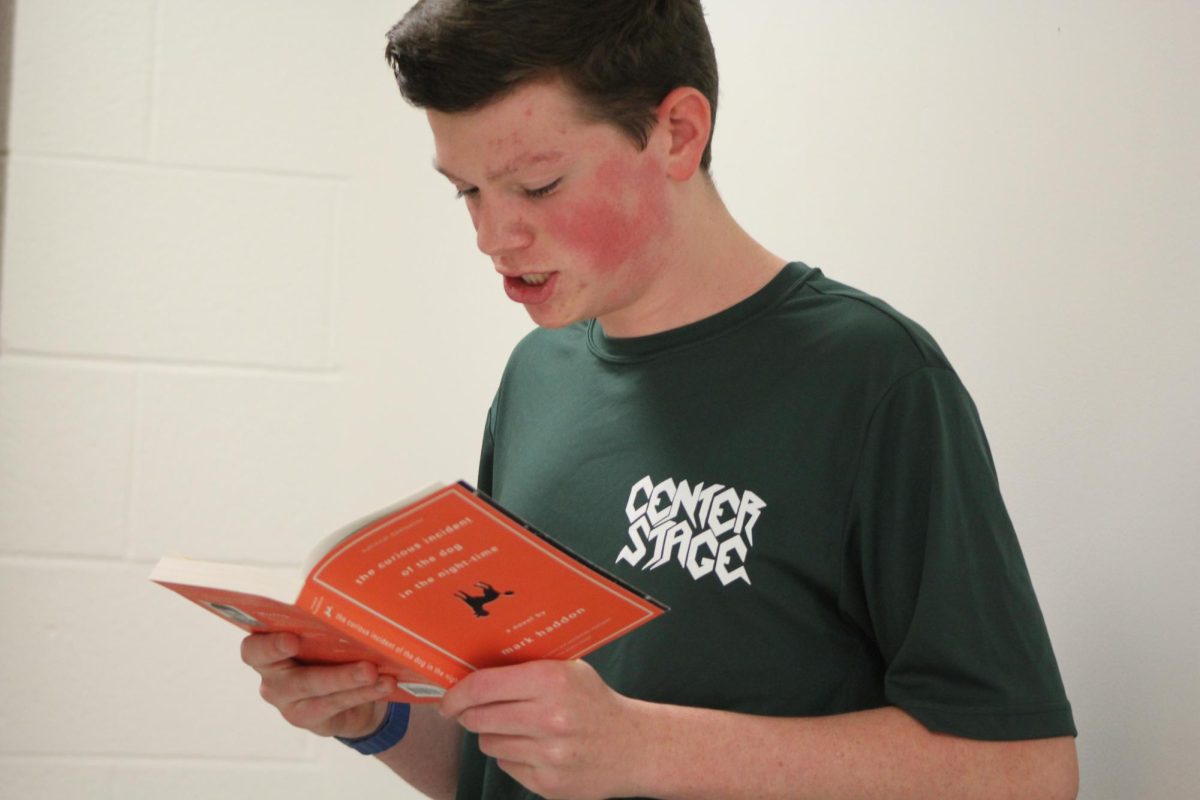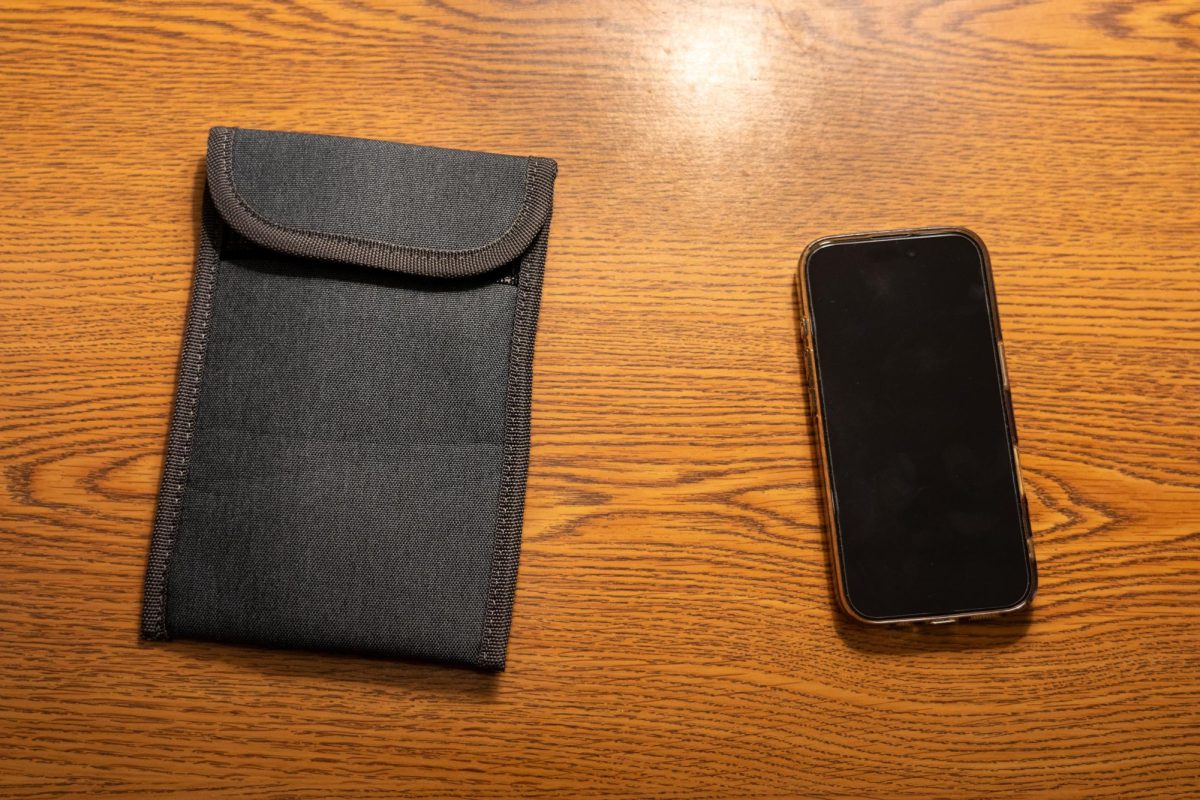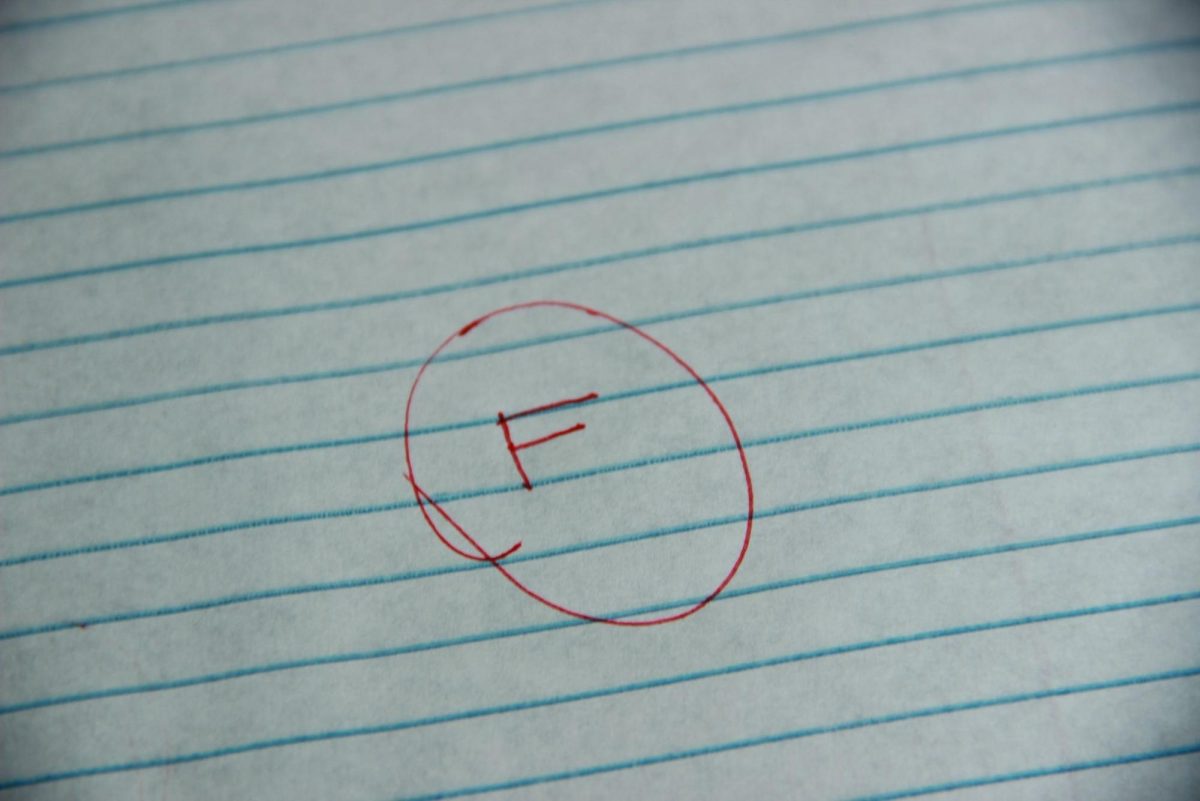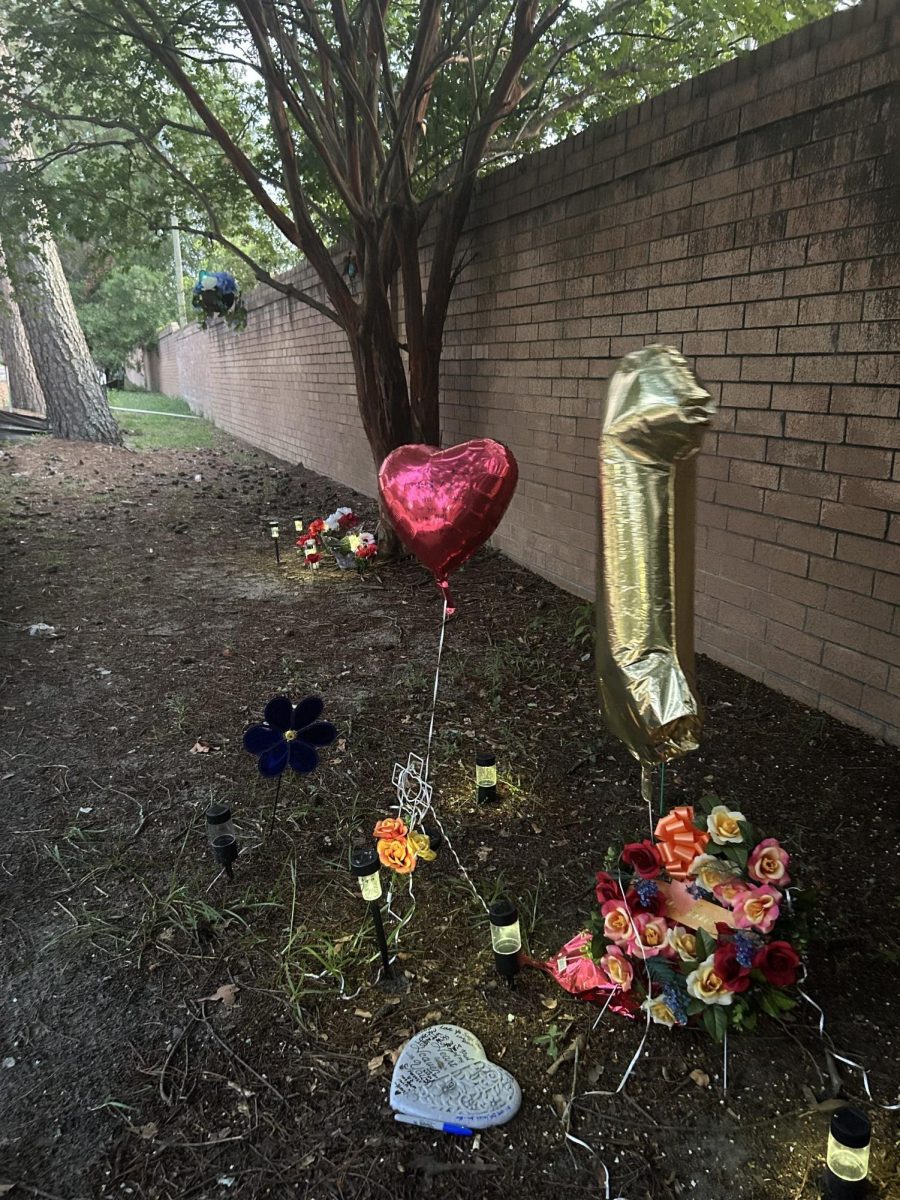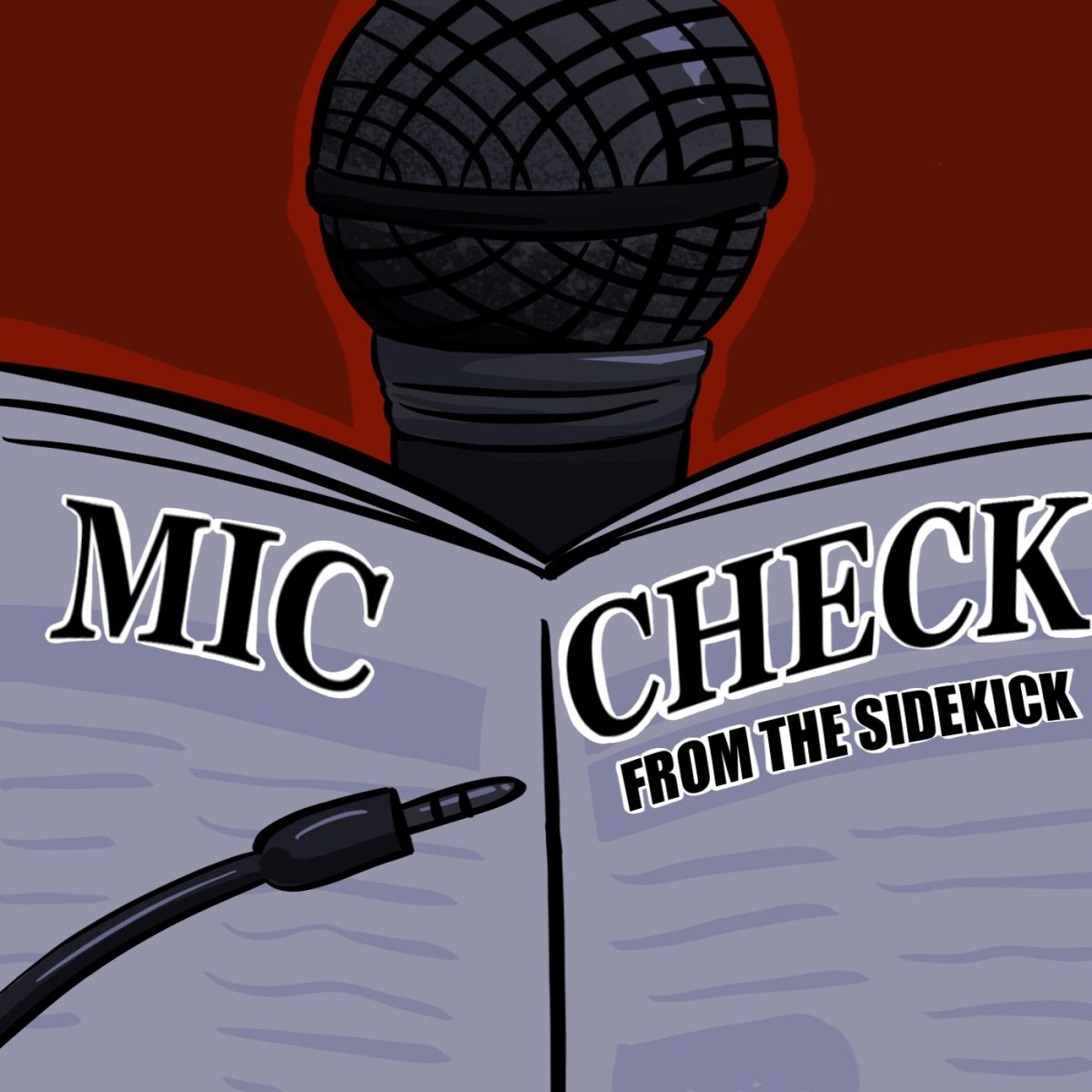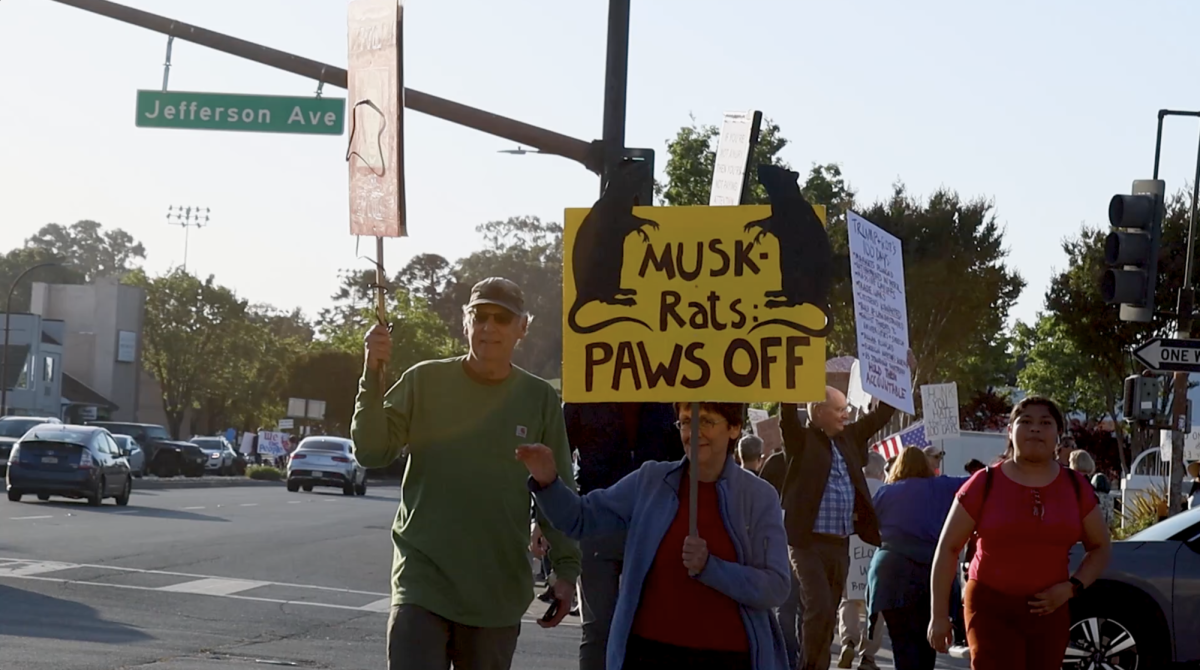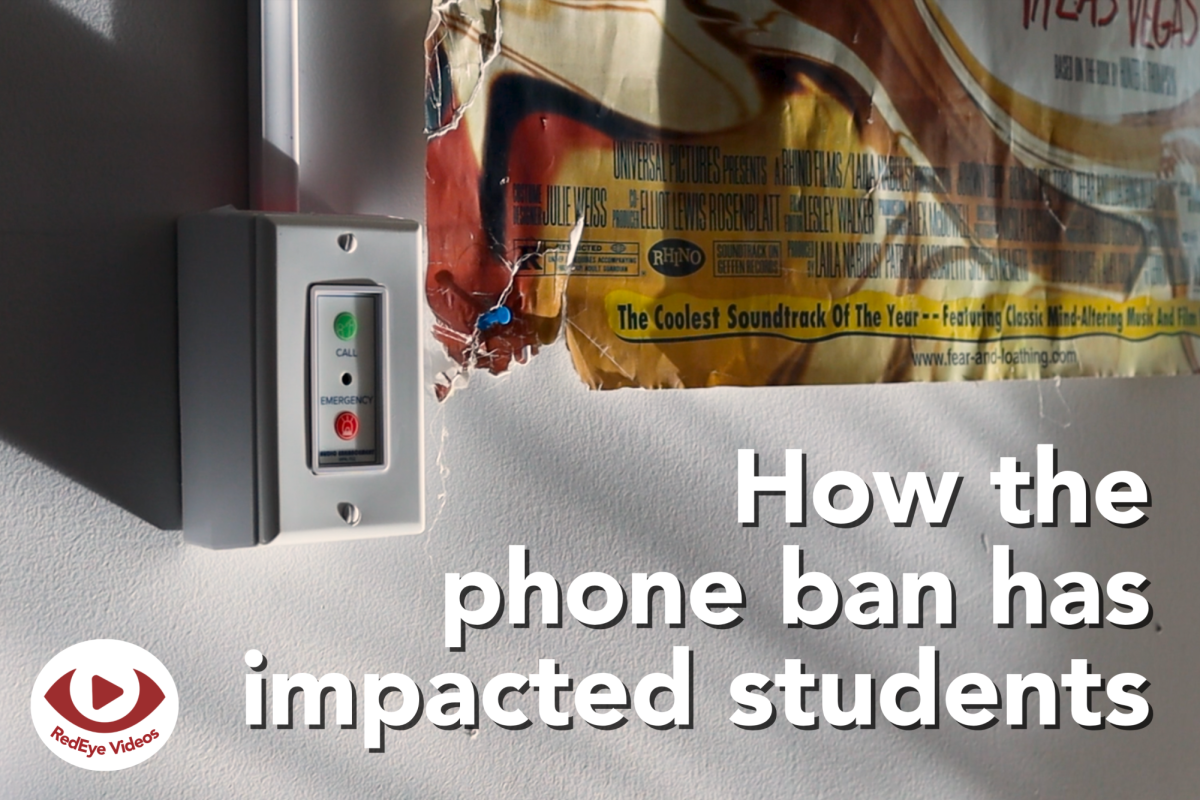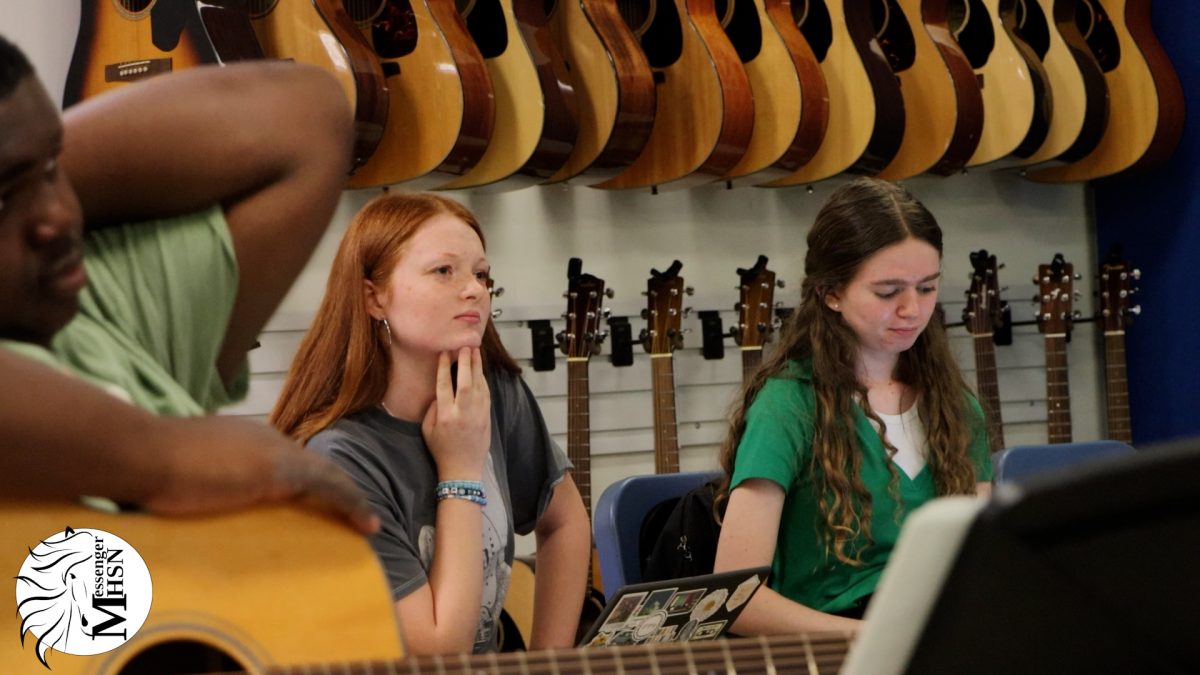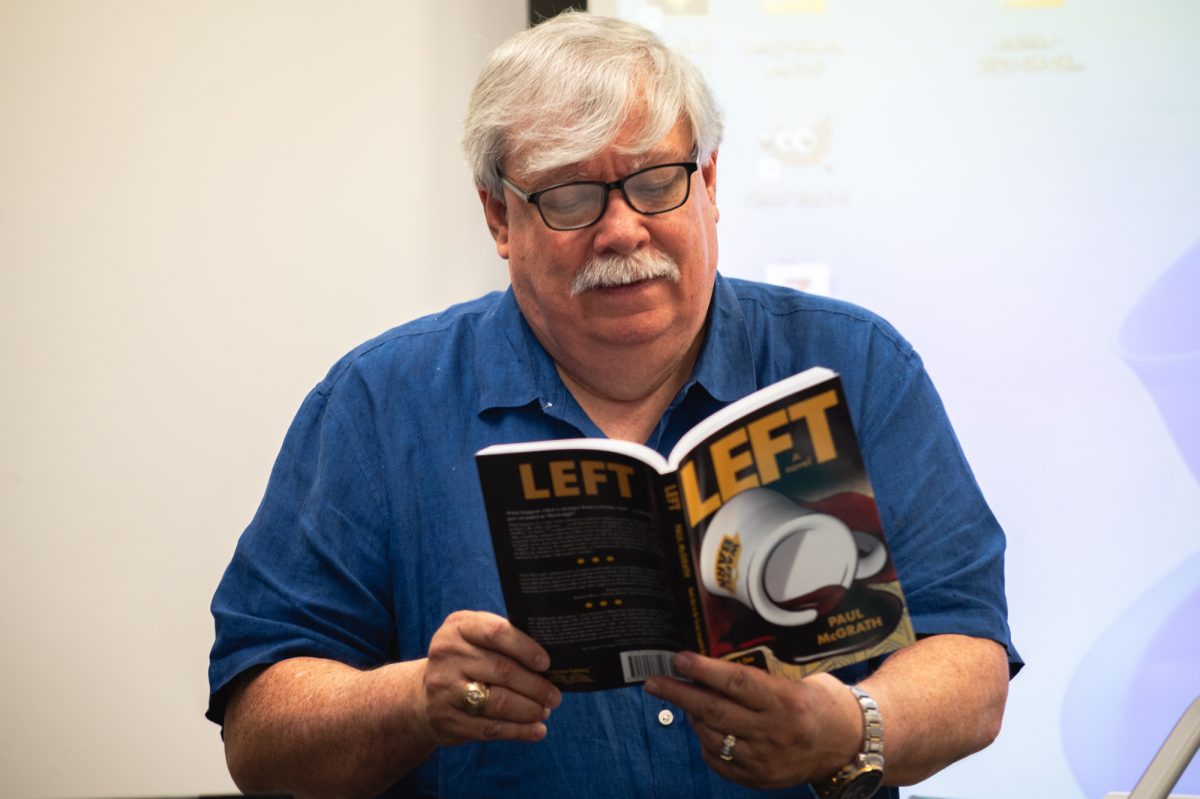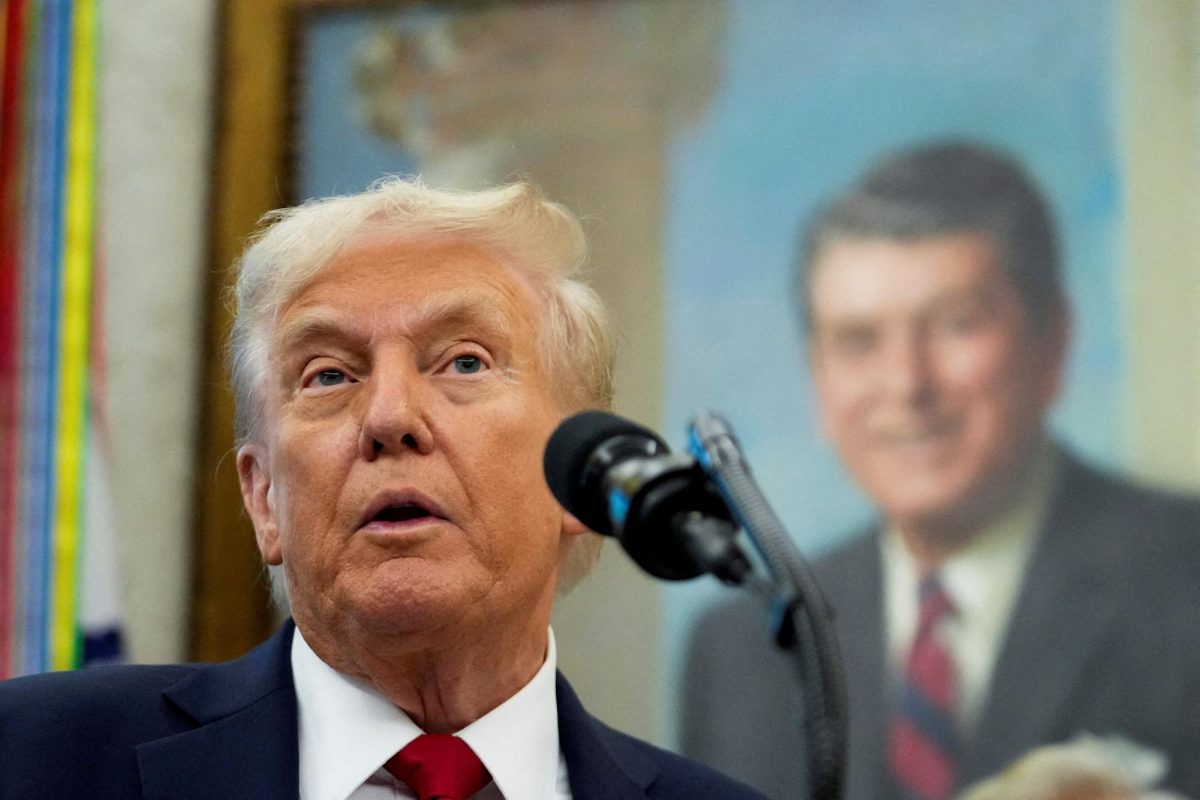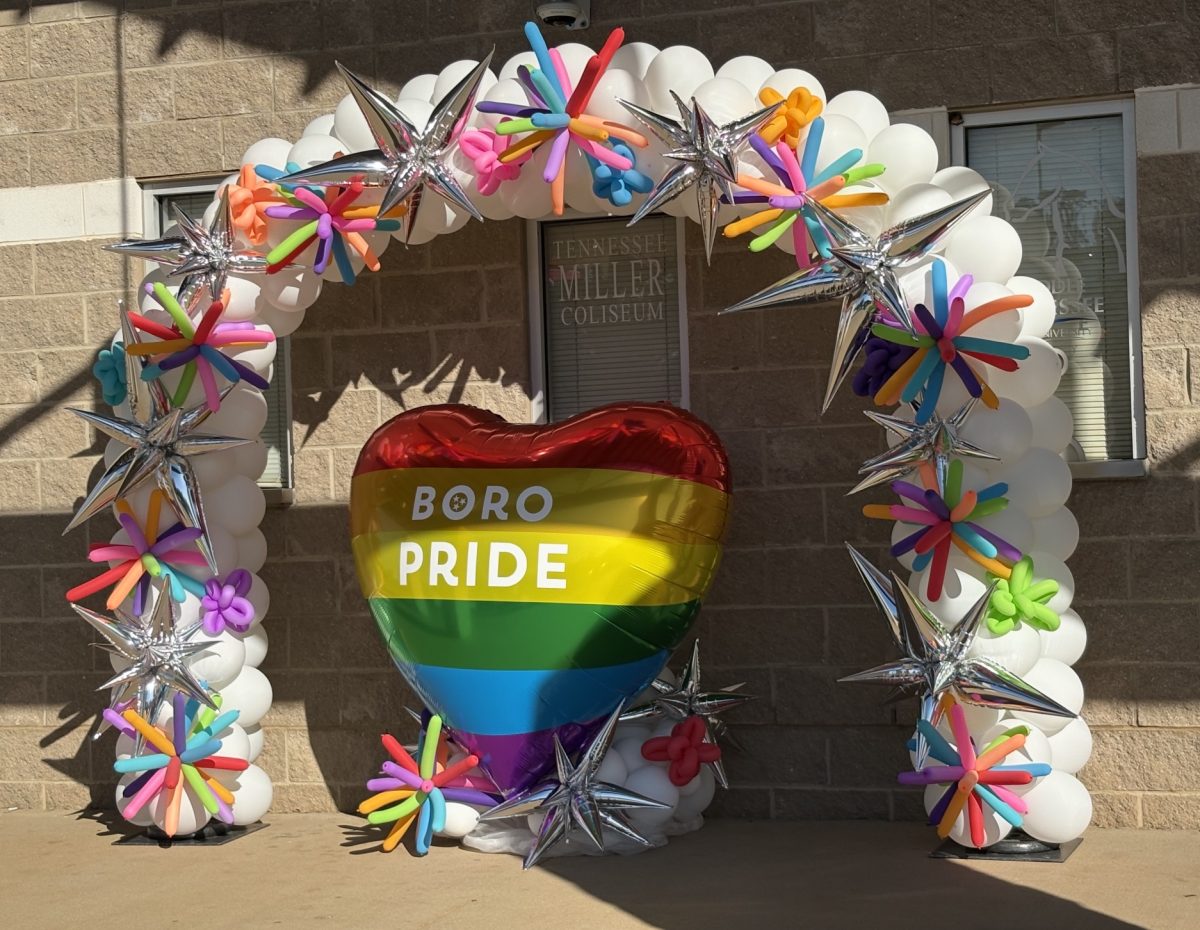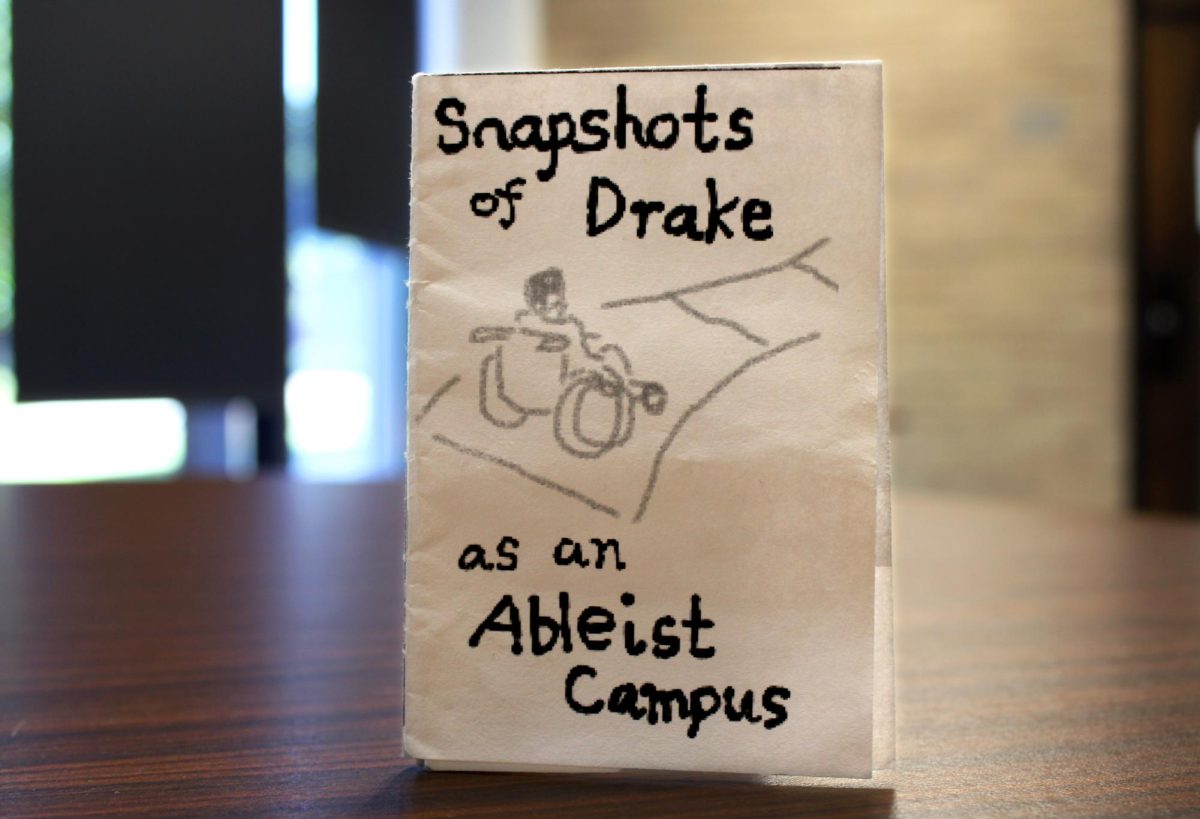The witty novel, “Left,” written by Texas A&M professor Paul McGrath ‘78, follows an extraterrestrial named Anton who gets left behind in Mississippi. The novel is not only the first of a trilogy but also the first installment in McGrath’s career as a novelist, an uncommon occurrence at the ripe age of 68.
Covering topics that range from romance and southern life to the hot-button issue of gun control, McGrath forces readers to question the status quo of America while delivering a heartwarming narrative of community.
McGrath’s inspiration for the novel began after the devastating tragedy of the Uvalde school shooting in 2022, which made him consider what would happen if someone or something were able to make guns disappear from America.
“It really affected me,” McGrath said. “You always hear that phrase about ‘A good guy with a gun being able to stop a bad guy with a gun,’ well, that didn’t happen in that case. … And one night I was thinking, since nobody wants to do anything about this situation, what if somebody came to earth and took all the guns away?”
And so “Left” was born, a title that is both a reference to the main character being left behind and the political views expressed in the novel. McGrath has an extensive background in journalistic writing and editing, but he had never ventured into creative writing until this story. With some encouragement from his wife, he decided in December 2023 to get to work.
“Beginning of the Christmas break, I sat down and I started to create a little outline, and I just started putting the story together,” McGrath said. “ … I actually had the bulk of the novel written before the next semester at A&M began.”
During the writing process, McGrath’s background as a longtime copy editor at the Houston Chronicle served as a helpful source of inspiration but also proved to be meddlesome when trying to switch from the eye of a journalist to a longer form of fictional writing.
“Something that hamstringed me a little bit was being a journalist for nearly all my life,” McGrath said. “You’re taught, ‘Let’s make things shorter,’ you know, ‘Fit the space.’
When I got up to 48,000 words, I thought, ‘Is that too much?’ To me, that sounds like a lot. Then you find out, ah, that’s just getting started.”
Filled with passion for this world and its characters, the novel expanded into a trilogy and was picked up by the Aggie-operated group Stoney Creek Publishing.
“Anton, he’s been sent to Earth a few times, but now he’s in Mississippi,” McGrath said. “He befriends an old navy man named Ezra Gator Hopkins … There’s some foreshadowing that something bad is going to happen, and something bad does. Anton is just beside himself. He says, ‘You know, how can these humans do this?’ So he takes it upon himself and is going to take some action.”

This action ends up being the eradication of all guns that aren’t owned by the military, which prompted McGrath to ask a difficult question: What would a gunless America look like? He researched other countries’ laws and restrictions to see the effects associated with such a change.
“There are four countries that have banned assault rifles, and I have them listed in the book,” McGrath said. “ … One of the big law enforcement quandaries is guns going from America into Mexico and farther south. Well, in this case, people are trying to get guns smuggled from Mexico back in the United States. … I had to use my imagination, but I also tried to make it as real as possible.”
McGrath had an over 40-year-long career in journalism, and throughout it, he said he witnessed the aftermath of murders and accidents at the hands of guns. Learning about how journalists have to quantify what counts as a mass shooting or mass murder was a particularly sobering moment in his career, which he includes in “Left.”
“I certainly saw my share of mass shootings and school shootings, and it’s just so tragic,” McGrath said. “One of the lines in the book says, ‘Imagine having to come up with a quantified definition on what a mass shooting or a mass killing is.’ … You have to kill four to be a mass killing. We actually had to come up with a definition like that.”
Despite the themes of the book, McGrath himself is a gun owner and is not strictly against the use of all guns. Rather, he wants more healthy and productive conversations about gun control in America that will work to keep all people safe and protected.
“I’m a gun owner, and I’ve shot guns,” McGrath said. “I’m not super anti-gun by any means, but it seems like to me rational, logical people can come up with a solution to this problem. … You can still have your shotgun and go bird hunting, but why do you need an assault weapon to go to the grocery store?”
McGrath feels that there are aspects of journalism that colleges just can’t teach, and there were scenarios he felt unprepared for when he went out into the world. With this in mind, he came back to A&M after his retirement from the Houston Chronicle and became an adjunct professor, passing on his practical lessons to his students.
“I’ve tried to structure my class to provide information that I never received,” McGrath said. “The very first day on the job at the Conroe Courier, I saw a dead body on the road from a car wreck. I wasn’t prepared for that, so I’ve tried to give my students a dose of real life.”
As a former student, McGrath feels that he owes the A&M community for the valuable education and opportunities it provided him. He saw teaching not only as a way to give back but also as a way to enjoy the fun of Aggie culture again. As a member of the Corps of Cadets and a previous sports editor for The Battalion, McGrath was very involved in campus life and has lots of fond memories from his time as a student.
“The Aggie Ring is like a contract, and I’ve always taken it pretty seriously, with Aggies giving back to other Aggies,” McGrath said. “As long as my truck holds out and my health is good, I want to keep teaching at A&M.”
This story was originally published on The Battalion on April 27, 2025.







